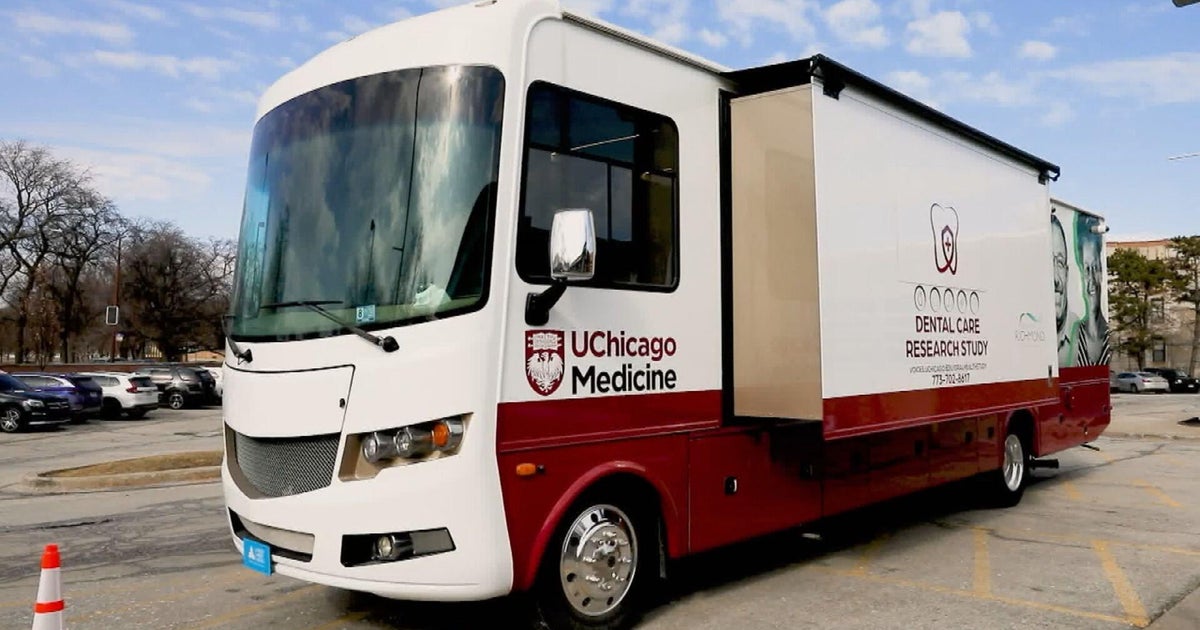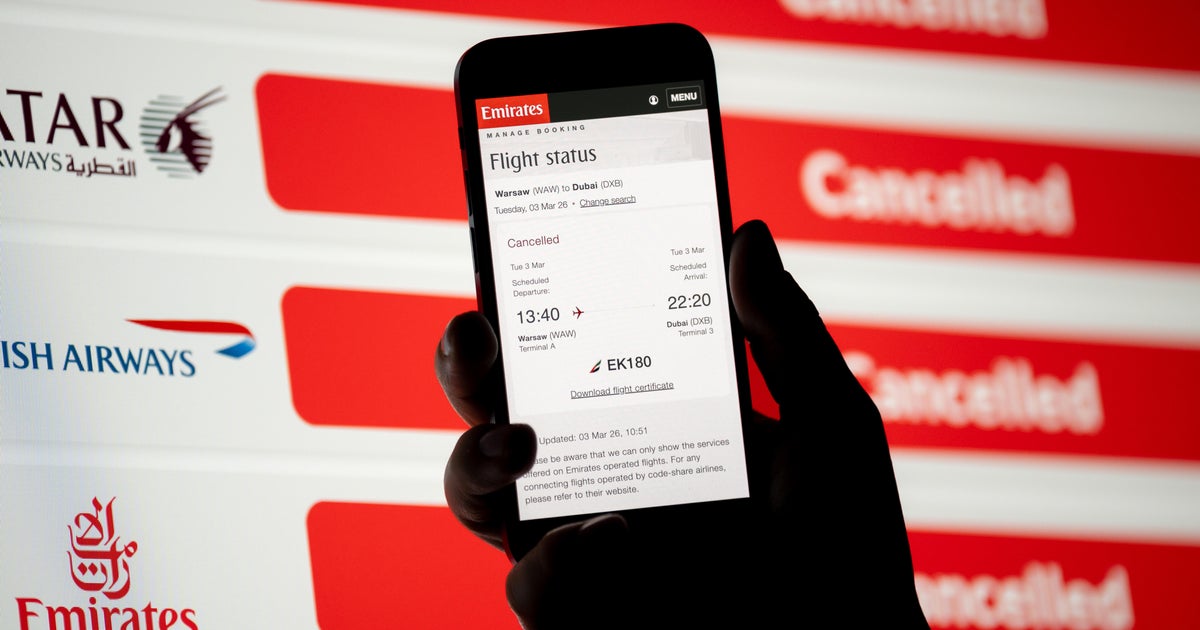Slow COVID-19 booster rollout cost thousands of lives, new study says
CHICAGO (CBS) -- Thousands of lives could have been saved if the Food and Drug Administration and the Centers for Disease Control and Prevention approved COVID-19 boosters sooner, along with stronger public health messaging, according to a new study.
The Northwestern University study used Israel as a counterfactual or a "what if" scenario to see the possible outcomes that could have happened in the United States.
Researchers estimated that through June 2022, if the U.S. moved at a faster pace to approve it and get people boosted, an estimated 29,000 lives could have been saved -- matching Israel's uptake and speed.
Israel was used because it was the first country to launch the boosters as well as vaccinate its population in July 2021. Researchers used vaccination data, mortality data, and vaccine effectiveness from Milwaukee County, Wisconsin, and Israel.
Vaccine availability and eligibility are one thing, but it also depends on people's willingness to get vaccinated. Inconsistent public health messaging also contributed to avoidable deaths, according to researchers.
"The slow, complex U.S. authorization process was combined with muddled public health advice on whether boosters were needed, how badly, when, and by whom," the study said. "Many vaccinated people received the (wrong) message: Two doses is good enough; I don't need a third. To be sure, the effect of faster approval and stronger messaging on booster take-up rates is unknown."
Researchers cite five likely factors that contributed to the slower U.S. approach: the US regulatory system, limited options presented to the Vaccines and Related Biological Products Advisory Committee, lack of urgency, low-quality data, and "much attention was focused on the wrong metric: vaccine effectiveness against death rather than remaining mortality risk."
"We provide evidence that this caution, during an ongoing pandemic, had a large cost in terms of lives lost," the study said.
Researchers hope this study can "inform policy judgments about how US regulators can do better in planning for and responding to the next pandemic."
The full study was published on Monday, Dec. 4 in the Journal of Health Affairs.







